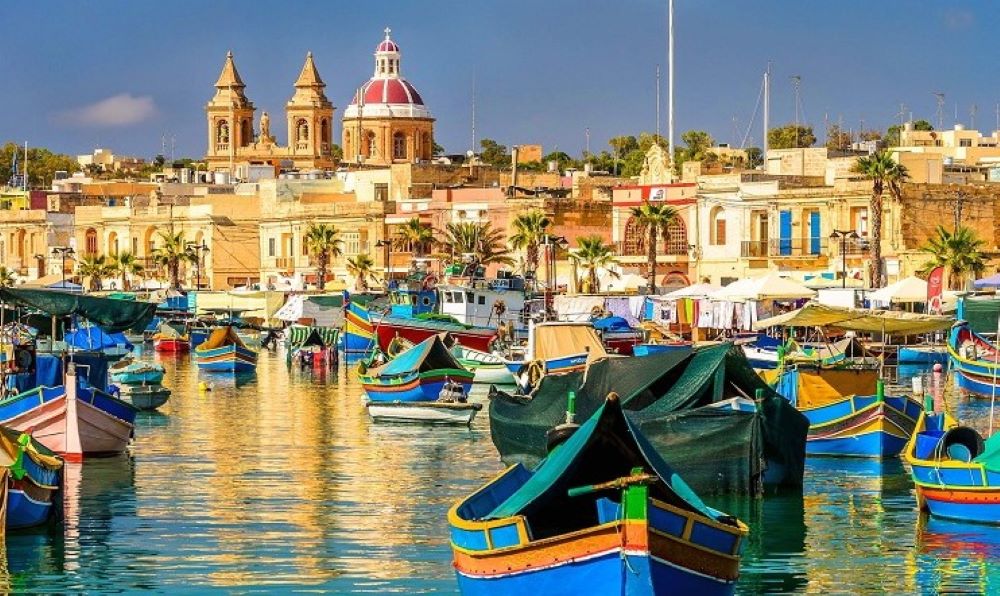 |
IMEX Malta - It's a personal service. The Gateway to Europe. |
|

Foreign Direct Investment (FDI) in MaltaOverview of the FDI Screening Office and its FunctionsThe Maltese FDI screening office, known as the National Foreign Direct Investment Screening Office (NFDISO), is responsible for: 1. Establishing Screening Mechanisms: Creating rules and procedures to screen FDIs that may affect Malta's security or public order. 2. Conducting Investigations: Initiating investigations on potential FDIs. 3. Screening FDIs: Performing screening procedures. 4. Decision-Making: Assessing, investigating, authorizing, conditioning, prohibiting, and unwinding FDIs based on security or public order grounds. 5. Reporting and Cooperation: Reporting FDI data to the European Commission and cooperating with other EU member states and third countries. Scope and Applicability of the ActThe Act applies to FDIs that establish or maintain lasting and direct links for economic activity in Malta, including effective participation in management or control of a company. It specifically excludes portfolio investments. The definition of a "foreign investor" includes any non-EU national or undertaking intending to make or having made an FDI in Malta. Notification RequirementsForeign investors and all involved parties must notify the NFDISO about investments that fall under the Act. Required information includes: - Ownership structure and ultimate beneficial ownership - Investment value - Products, services, and business operations of the foreign investor - Source of investment funds Notifications are submitted via the NFDISO’s online portal and must be signed by a company director and the advisory firm or agent assisting with the notification. Types of Deals ReviewedThe Act mandates notification for FDIs that involve: - Critical infrastructure sectors (e.g., energy, transport, health, communications) - Critical technologies (e.g., AI, robotics, cybersecurity) - Supply of critical inputs (e.g., energy, raw materials, food security) - Access to sensitive information - Media freedom and pluralism Factors considered include:- Control by a foreign government - Prior involvement in activities affecting EU security or public order - Risk of illegal or criminal activities Review Process and SanctionsUpon notification, the NFDISO has five days to decide if an FDI will be subject to screening. If screening is required, the NFDISO will: - Notify the investor within five days - Utilize the cooperation mechanism under Regulation (EU) 2019/452 - Decide within 60 days if the FDI affects Malta's security or public order Depending on the outcome, the NFDISO may:- Condition, prohibit, or unwind the investment - Impose administrative penalties for non-compliance, ranging from €1,000 to €100,000 Appeals and Legal RecourseDecisions and penalties imposed by the NFDISO can be appealed before the Administrative Review Tribunal. Best Practices for Foreign InvestorsTo mitigate risks, non-EU investors should: - Notify the NFDISO early when planning investments in sectors covered by the Act - Include obtaining NFDISO's consent as a condition precedent in investment agreements By adhering to these guidelines, foreign investors can navigate Malta’s FDI regime more effectively, ensuring compliance and minimizing potential disruptions to their investment plans. Foreign Direct Investment (FDI) in Malta by third-country nationals (non-EU/EEA/Swiss citizens) involves certain regulations and procedures. Here's an overview of the key aspects related to setting up a company in Malta as a third-country national: 1. Types of Companies- Private Limited Liability Company (Ltd): Most common form for foreign investors. - Public Limited Company (PLC): Suitable for larger investments. - Branches: Foreign companies can set up a branch in Malta. 2. Incorporation Process- Company Name: Choose a unique name and get it approved by the Malta Business Registry (MBR). - Memorandum and Articles of Association: Draft and submit these documents, detailing the company's structure and operations. - Directors and Shareholders: At least one director and one shareholder are required. These can be individuals or corporate entities. There are no nationality restrictions for directors and shareholders. - Registered Address: Must have a physical address in Malta. 3. Capital Requirements- Private Company: Minimum share capital of €1,165, with 20% paid up. - Public Company: Minimum share capital of €46,587, with 25% paid up. 4. Licenses and Permits- Certain sectors (e.g., financial services, gaming) require specific licenses from regulatory authorities such as the Malta Financial Services Authority (MFSA) or the Malta Gaming Authority (MGA). 5. Employment Regulations- Work Permits: Third-country nationals need a work permit, typically obtained through the Malta Employment and Training Corporation (ETC). - Key Employee Initiative: Provides fast-track work permits for highly skilled workers. 6. Taxation- Corporate Tax Rate: Effective tax rate can be as low as 5% due to Malta's full imputation system and refund mechanism for foreign shareholders. - Double Taxation Treaties: Malta has treaties with over 70 countries to avoid double taxation. 7. Incentives for Investors- Investment Aid: Grants and tax credits for projects in certain sectors or regions. - R&D Incentives: Tax credits and grants for research and development activities. - Highly Qualified Persons Rules: Reduced tax rates for certain highly skilled expatriates. 8. Compliance and Reporting- Annual Returns: Must file annual returns and financial statements with the Malta Business Registry. - VAT Registration: Companies engaged in taxable activities must register for VAT. 9. Residency and Citizenship- Residency Programs: Malta offers various residency programs, such as the Global Residence Program (GRP) and the Malta Residence and Visa Program (MRVP). - Citizenship by Investment: The Malta Individual Investor Program (MIIP) allows investors to acquire Maltese citizenship under specific conditions. SummaryMalta offers a favorable environment for FDI with its strategic location, EU membership, competitive tax regime, and various investment incentives. Third-country nationals looking to invest in Malta should seek professional guidance to navigate the legal and regulatory landscape effectively. Our qualified team will help you in all aspects to guide you throughout the registration process. Trust our expertise to establish your Maltese company. We provide comprehensive guidance and support, covering much more than just incorporation. Fast and reliable service. Get in touch for a expert advice and reach your goals. Do not hesitat to contact us for more information.  |